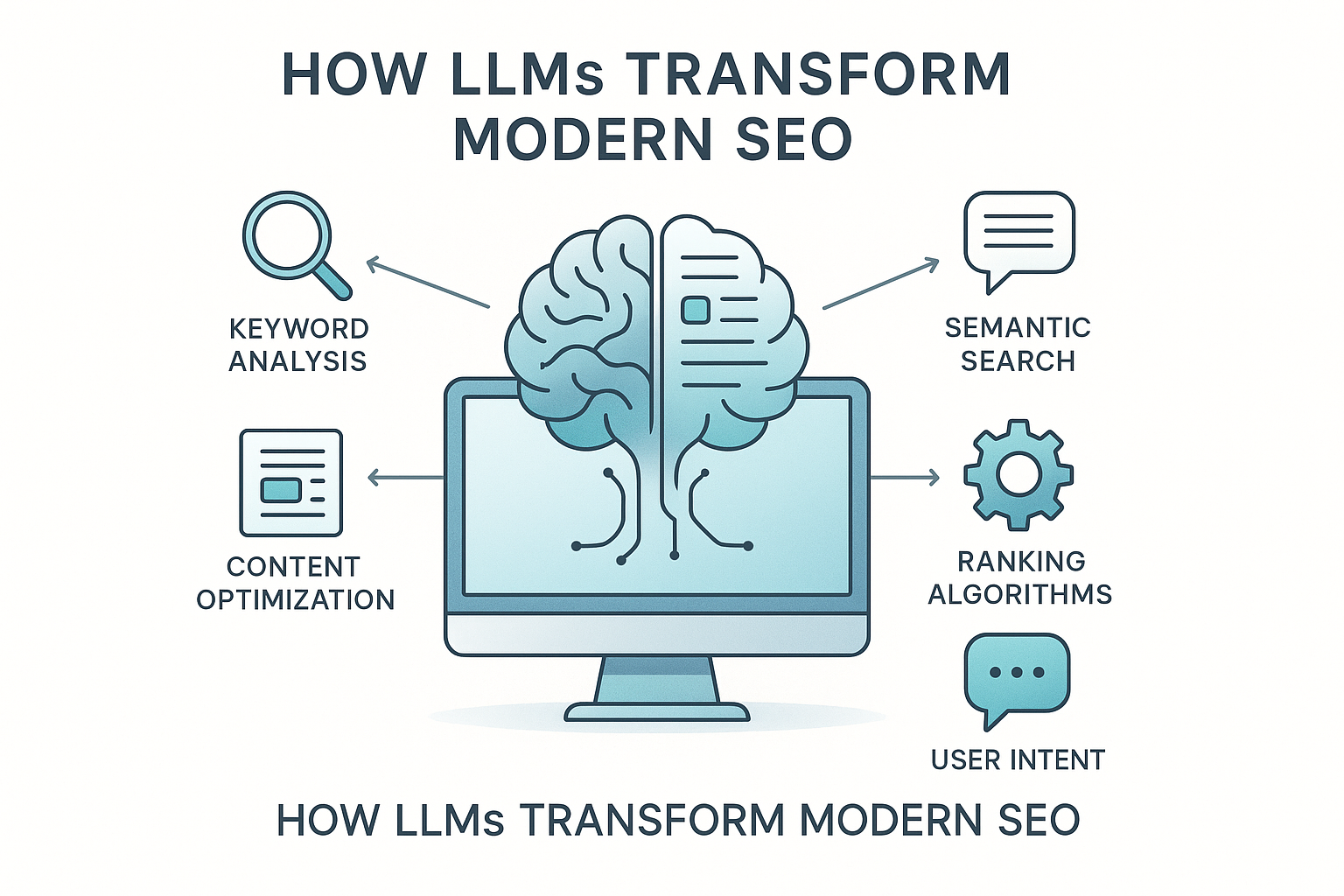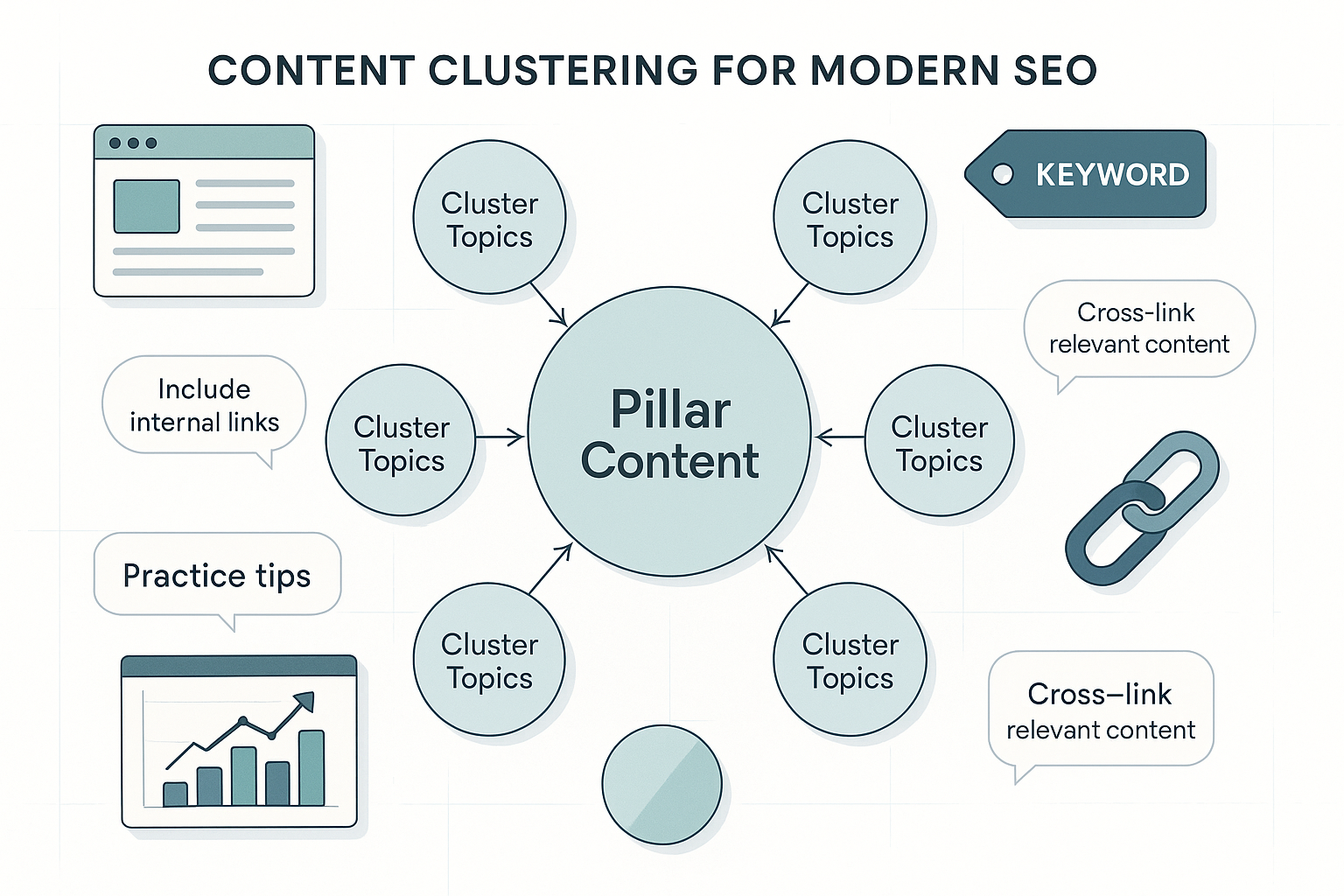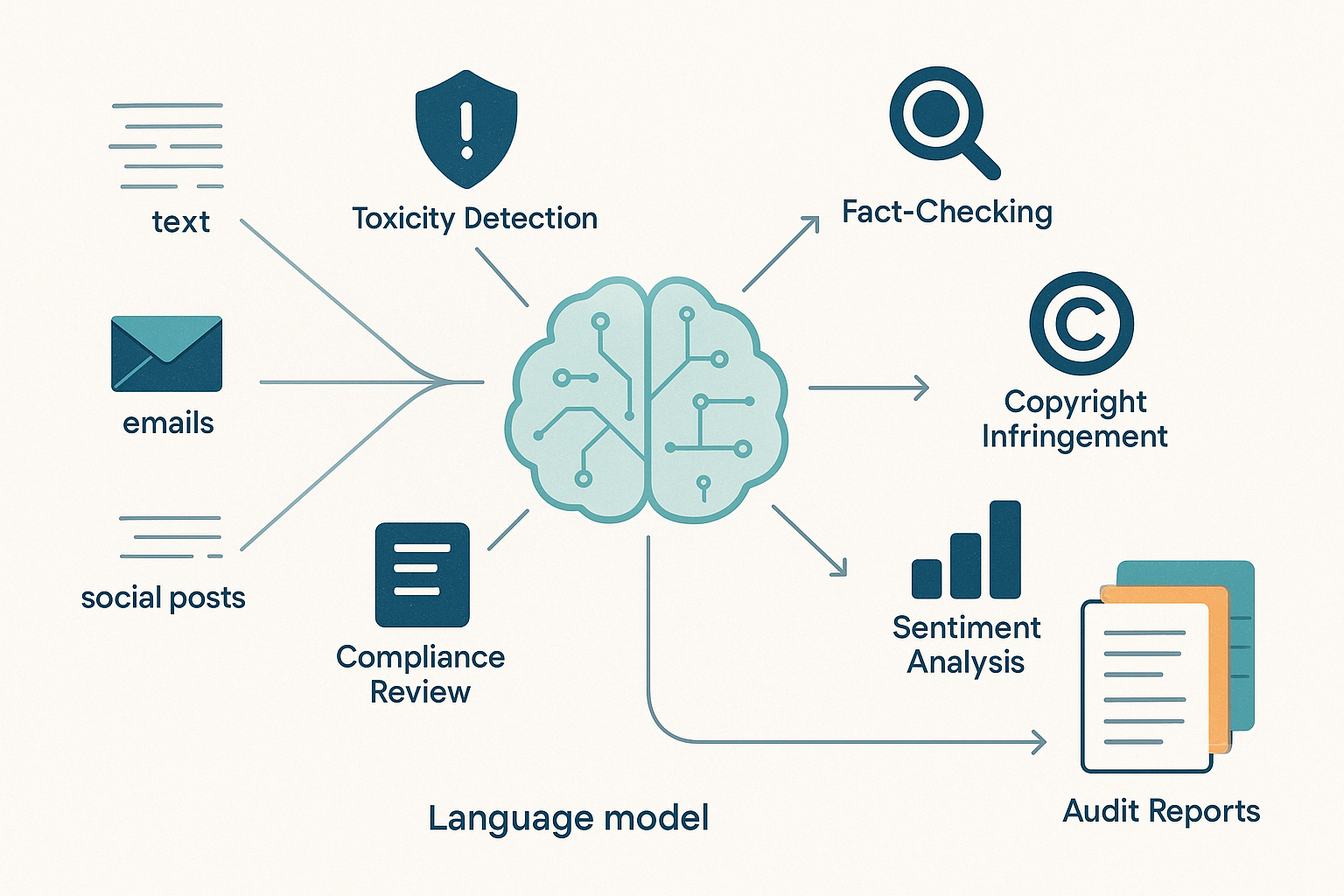Advanced on page SEO made simple.
Powered by POP Rank Engine™
Includes AI Writer
7-day refund guarantee
In the ever-evolving landscape of digital marketing, staying ahead of the curve requires leveraging the latest technologies. Google AI Search is one of the most powerful tools available for gaining advanced SEO insights. By utilizing artificial intelligence, Google has revolutionized the way we approach search engine optimization, making it more efficient and effective. This guide will explore how to Use Google AI Search to enhance your SEO strategies, optimize your content, and ultimately improve your website’s ranking.
Which is the best LLM for SEO content?
Get the full rankings & analysis from our study of the 10 best LLM for SEO Content Writing in 2026 FREE!

- Get the complete Gsheet report from our study
- Includes ChatGPT, Gemini, DeepSeek, Claude, Perplexity, Llama & more
- Includes ratings for all on-page SEO factors
- See how the LLM you use stacks up
How to Use Google AI Search?
Google AI Search incorporates artificial intelligence to deliver more relevant and accurate search results. The primary components of Google AI that impact SEO include:
- RankBrain: Google's machine-learning algorithm helps process search queries and deliver relevant results based on user behavior.
- BERT (Bidirectional Encoder Representations from Transformers): A natural language processing algorithm that understands the context of words in search queries.
- MUM (Multitask Unified Model): An advanced AI model designed to handle complex search tasks and provide comprehensive answers by understanding context and intent.
These AI components work together to interpret search queries more accurately, understand the context of content, and predict user intent. This has significant implications for SEO strategies.
Leveraging Google AI Search for SEO - how to Use Google AI Search?
Keyword Research and Analysis
AI-driven tools can help identify high-value keywords and phrases that resonate with your target audience. By using Google's Keyword Planner, you can find keywords with high search volume and low competition. Additionally, tools like SEMrush and Ahrefs utilize AI to provide keyword suggestions and insights.
- Focus on Long-Tail Keywords: Long-tail keywords often have lower competition and higher conversion rates. Use AI tools to identify these keywords and incorporate them into your content.
- Analyze User Intent: Understanding the intent behind search queries is crucial. AI can help you determine whether users are looking for information, seeking to make a purchase, or comparing products.
Content Creation and Optimization
Google AI prioritizes content that provides value and relevance. To optimize your content for AI-driven search engines, consider the following:
- Natural Language Processing: Write content that reads naturally and answers the questions users are likely to ask. Tools like Grammarly and Hemingway can help improve readability.
- Topic Clusters: Organize your content into clusters around core topics. This helps Google understand the context and relevance of your pages. Use tools like HubSpot’s Content Strategy Tool to plan your clusters.
- Semantic SEO: Focus on semantic search by including related keywords and phrases. Tools like MarketMuse can analyze your content and suggest semantically related terms.
Technical SEO
Ensure your website's technical aspects are optimized for AI algorithms:
- Structured Data: Use schema markup to provide search engines with detailed information about your content. This helps Google understand your content better and can improve rich snippets.
- Mobile Optimization: Ensure your website is mobile-friendly. Google’s Mobile-Friendly Test tool can help you identify and fix mobile usability issues.
- Page Speed: Improve your site’s loading speed using tools like Google PageSpeed Insights. Faster loading times improve user experience and can positively impact rankings.
Analyzing and Monitoring Performance
AI-powered analytics tools provide deeper insights into your SEO performance:
- Google Analytics: Use this tool to track user behavior, traffic sources, and conversion rates. The AI-driven insights feature can highlight key trends and suggest improvements.
- Google Search Console: Monitor your website’s search performance, identify issues, and track keyword rankings. The Performance Report can provide valuable data on clicks, impressions, and average position.
- AI-Powered SEO Tools: Tools like BrightEdge and Conductor offer advanced analytics and insights, leveraging AI to provide recommendations for improving your SEO strategy.
Personalization and User Experience
Google AI prioritizes websites that offer a personalized and engaging user experience. Consider the following strategies:
- Dynamic Content: Use AI to deliver personalized content based on user behavior and preferences. Tools like Dynamic Yield can help create tailored experiences.
- User Engagement: Enhance engagement through interactive content, such as quizzes, polls, and videos. Measure engagement metrics to understand user interactions and improve content accordingly.
- Voice Search Optimization: With the rise of voice assistants, optimizing for voice search is crucial. Focus on conversational keywords and phrases that people use in spoken language.
Staying Updated with Algorithm Changes
Google's AI algorithms are continually evolving. Staying updated with the latest changes and trends is essential for maintaining your SEO performance:
- Follow Google’s Announcements: Keep an eye on Google’s official blog and webmaster guidelines for updates on algorithm changes.
- Industry Blogs and Forums: Engage with the SEO community through blogs, forums, and social media. Websites like Search Engine Journal and Moz provide valuable insights and updates.
- Continuous Learning: Invest in SEO training and courses to stay ahead of the curve. Platforms like Coursera and Udemy offer courses on AI and SEO.
Which is the best LLM for SEO content?
Get the full rankings & analysis from our study of the 10 best LLM for SEO Content Writing in 2026 FREE!

- Get the complete Gsheet report from our study
- Includes ChatGPT, Gemini, DeepSeek, Claude, Perplexity, Llama & more
- Includes ratings for all on-page SEO factors
- See how the LLM you use stacks up
Conclusion
Google AI Search has transformed the SEO landscape, offering advanced insights and tools that can significantly enhance your SEO strategies. By understanding and leveraging AI-driven features, you can optimize your content, improve user experience, and stay ahead of your competitors. Incorporate AI tools and techniques into your SEO workflow to unlock new opportunities for growth and success in the digital marketplace.
By following the strategies outlined in this guide, you can harness the power of Google AI Search to achieve advanced SEO insights and elevate your website’s performance. Stay proactive, adapt to changes, and continually refine your approach to maintain a competitive edge in the ever-evolving world of SEO.







